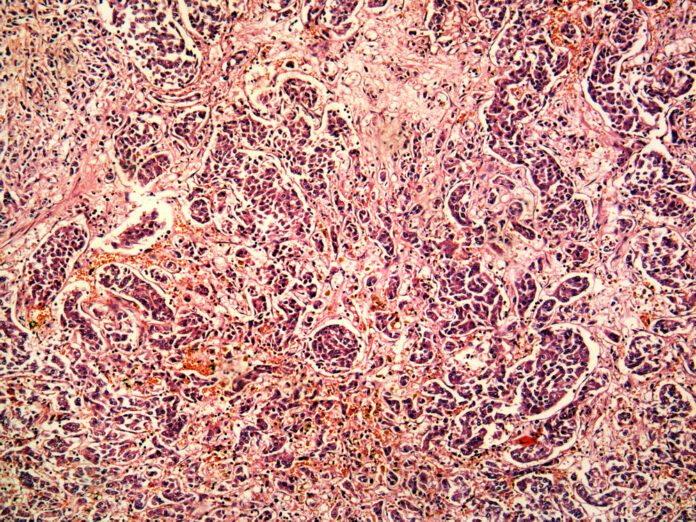Overview Of Hepatocellular Carcinoma
Hepatocellular Carcinoma is cancer that starts in the liver.
Commonly Associated With
Primary liver cell carcinoma; Tumor – liver; Cancer – liver; Hepatoma
Causes Of Hepatocellular Carcinoma
Hepatocellular carcinoma accounts for most liver cancers. This type of cancer occurs more often in men than women. It is usually diagnosed in people age 50 or older.
Hepatocellular carcinoma is not the same as metastatic liver cancer, which starts in another organ (such as the breast or colon) and spreads to the liver.
In most cases, the cause of liver cancer is long-term damage and scarring of the liver (cirrhosis).
Cirrhosis may be caused by:
- Alcohol abuse
- Autoimmune diseases of the liver
- Hepatitis B or hepatitis C virus infection
- Inflammation of the liver that is long-term (chronic)
- Iron overload in the body (hemochromatosis)
- People with hepatitis B or C are at high risk of liver cancer, even if they do not develop cirrhosis.
Symptoms Of Hepatocellular Carcinoma
Symptoms of liver cancer may include any of the following:
- Abdominal pain or tenderness, especially in the upper-right part
- Easy bruising or bleeding
- Enlarged abdomen (ascites)
- Yellow skin or eyes (jaundice)
- Unexplained weight loss
Exams & Tests
The health care provider will perform a physical exam and ask about your symptoms. The physical exam may show an enlarged, tender liver or other signs of cirrhosis.
If the provider suspects liver cancer, tests that may be ordered include:
- Abdominal CT scan
- Abdominal MRI scan
- Abdominal ultrasound
- Liver biopsy
- Liver function tests
- Serum alpha-fetoprotein
- Some people who have a high chance of developing liver cancer may get regular blood tests and ultrasounds to see whether tumors are developing.
To accurately diagnose hepatocellular carcinoma, a biopsy of the tumor must be done.
Treatment Of Hepatocellular Carcinoma
Treatment depends on how advanced the cancer is.
Surgery may be done if the tumor has not spread. Before surgery, the tumor may be treated with chemotherapy to reduce its size. This is done by delivering the medicine straight into the liver with a tube (catheter) or by giving it intravenously (by IV).
Radiation treatments in the area of cancer may also be helpful.
Ablation is another method that may be used. Ablate means to destroy. Types of ablation include using:
- Radio waves or microwaves
- Ethanol (alcohol) or acetic acid (vinegar)
- Extreme cold (cryoablation)
- A liver transplant may be recommended.
If cancer can’t be surgically removed or has spread outside the liver, there is usually no chance for long-term cure. Treatment instead focuses on improving and extending the person’s life. Treatment, in this case, may use targeted therapy with drugs that can be taken as pills. Newer immunotherapy drugs may also be used.



